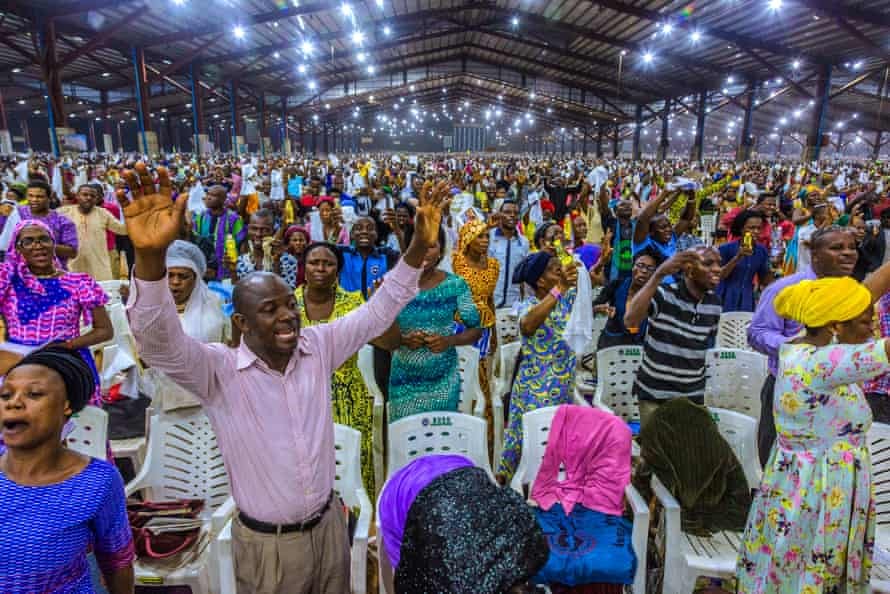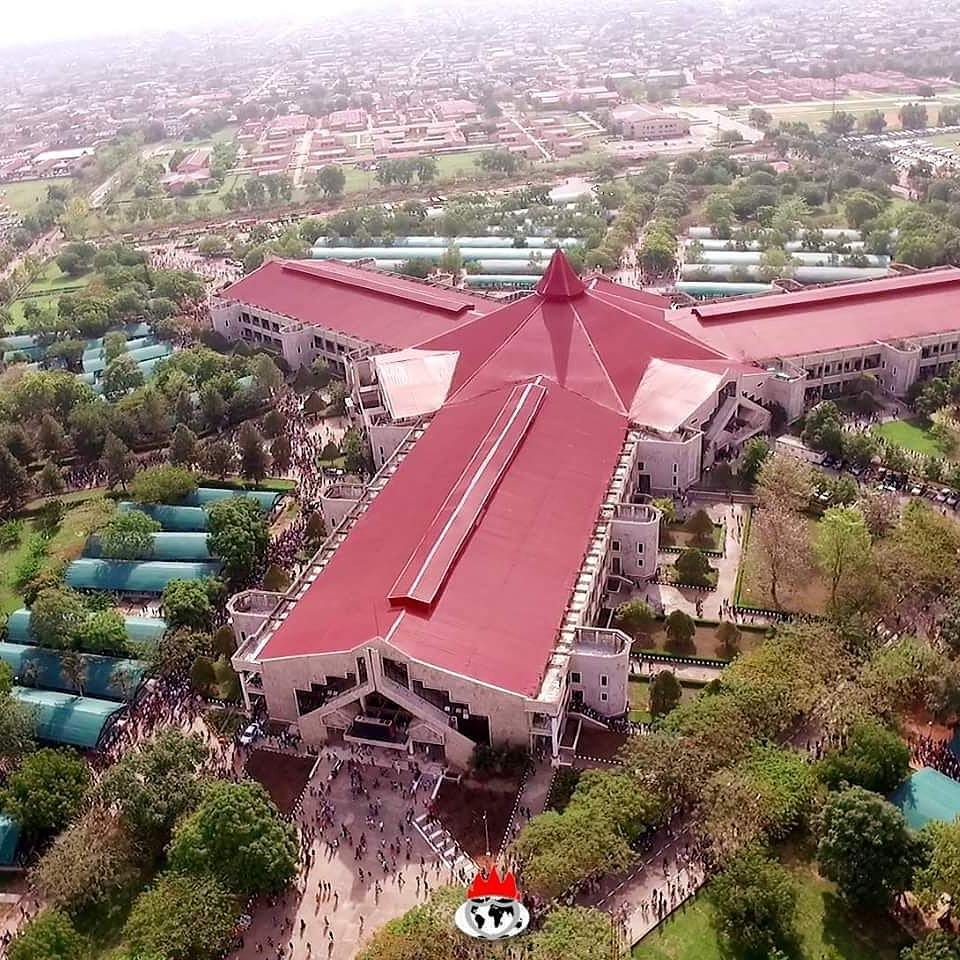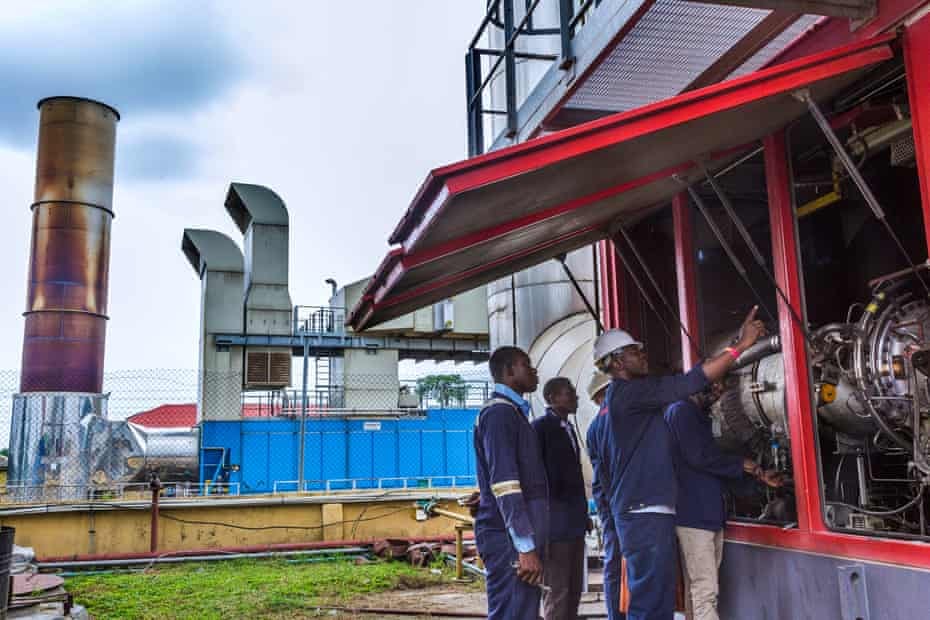Model City Monday 8/2/21
**Greenhouse Effect
**
Honduras remains the country to watch in the charter city sphere, with its ZEDE law allowing unprecedented levels of freedom and protection. I’d previously written about two Honduran projects, the high-tech island hub of Prospera and the industrial heartland project of Ciudad Morazan. Now there’s a third: ZEDE Orquidea (“Orchid Zone”).
I’m not really impressed with their publicity effort (my browser insists their website is a security hazard and won’t let me access it). My only real source of information is this Reddit post by another charter city enthusiast, who writes:
The third ZEDE is Zede Orquidea (Orchid). It’s in the south of Honduras, at Las Tapias. The organizer/investor is AgroAlpha. They’ll be growing produce in greenhouses for export. President Hernandez recently said it’ll be the largest and most modern agropark in Latin America, and that 400 people are working on construction now, with another 600 joining in August. They’ve adopted laws based on Delaware’s. You can see these laws on their website (though as I write this the document link pulls up a login page).
There is something charming about forming your own flower-themed micro-state to place greenhouses in, though I reserve the right to revoke my charmedness if it turns out they are committing terrible labor violations or something, which it’s kind of hard for me to imagine them not doing under the circumstances.
 (source)
(source)
The Honduran news sources covering Orquidea focus on an argument about whether it is trying to expropriate land: they say they’re not, the people who live near them say they are. I can’t follow the poorly-translated Spanish well enough to have an opinion about this, but my much deeper dive into the Prospera situation makes me think it would be hard for them to do this even if they wanted to (which they deny). Also, the surrounding community has accused them of:
…violence against defenders of the land, human trafficking, discrimination, sexual exploitation, exploitation of people of sexual diversity, lack of recognition of labor rights and curtailment of the rights of the family and children such as education and health
…which is a pretty impressive list of misdeeds for a polity which has only existed for a couple of weeks. My guess is this is the thing where they pre-emptively accuse ZEDEs of every bad thing that has ever happened, just because it seems like the sorts of thing they might do.
But I guess we’ll find out - they supposedly have given people a “40 day ultimatum” to leave their land (they deny having given this ultimatum), so I’ll check back in forty days and see what’s happened.
**Butterfly Effect
**
Unlike Orquidea, Mariposa (Spanish for “butterfly”) has a beautiful website. They have a list of all the noble important principles they espouse, and all the human rights they’re going to focus on respecting.
 Your white paper says “model city”, but your branding says “birth control pill”.
Your white paper says “model city”, but your branding says “birth control pill”.
When you look at the small print, they “are still working on our master plan to be presented to the Honduran Government in the near future”, ie they haven’t gotten any kind of official go-ahead and are only in the “cool idea” phase right now. Still, let’s take a look.
Mariposa’s core values include:
-
Polycentric governance, seemingly inspired by cryptocurrency.
-
Transparency, involving records of government actions on the blockchain.
-
Restorative justice, a hippie-ish philosophy about rehabilitating and reintegrating criminals instead of punishing them.
-
Nonviolent communication, a hippie-ish therapy thing where you talk to other people in an open and emotionally healthy way.
-
“Ecstatic birth”, a movement where “women dismount their fears of labor and create powerful birth experiences”.
This seems like kind of a weird grab bag of stuff. But it turns out there’s a completely reasonable explanation: the project is run by a husband and wife team. He’s a libertarian cryptocurrency entrepreneur. She’s a hippie alternative medicine practitioner. Their relationship sounds incredibly cute, but maybe not so cute that it needs to be its own city.
Or maybe it’s exactly cute enough that it needs to be its own city, who knows? Mariposa seems to be proposing some really interesting things, including quadratic funding (an innovative budgeting mechanism pushed by Glen Weyl and Vitalik Buterin, among others) and dominant assurance contracts (a really neat consensus-building mechanism proposed by Alex Tabarrok). Their form-based walkable city code thing also seems pretty neat. And I’m not a midwife so for all I know ecstatic birthing is also some kind of super-great idea. Honestly this random husband-and-wife team seems to have put more thought into genuinely good governance than 99.9% of the existing countries in the world, and I hope things work out for them.
**Those Who Speak Do Not Know, Those Who Know Do Not Speak
**
The totally hypothetical project founded by a husband-and-wife team has a great online presence and a bunch of media interviews. The real, boots-on-the-ground project founded by a huge agricultural conglomerate has basically total radio silence. Is this surprising?
I recently got a chance to attend a Charter Cities Institute event and talk to some people working on potential charter cities around the world. They had all sorts of philosophies and plans and goals, with the one constant being that none of them wanted to give me identifiable details or (God forbid) have me write anything about them.
People who understand business tell me this is standard for large infrastructure projects - you don’t pressure or annoy your negotiating partners by going public before you’ve both signed. Orquidea is going a little further in keeping a low profile even after they’ve started operations. But why wouldn’t they? They’re an agricultural company that probably already has all the agriculture-related resources they need; publicity doesn’t gain them anything. And now that they’re public, people are protesting and spreading (probably false) rumors and trying to get them shut down. The lesson everyone has learned from early adopters like Prospera is that no matter how carefully you tread, or how hard you work to stay on everyone’s good side, there are a bunch of NGOs and activist groups who will try to destroy you as soon as they learn about your existence, so . . . just don’t let anyone know about your existence until you’re too far along to destroy.
So all the smart money is staying very secret and the only people you hear about are the idealistic hippies who expect everyone to just get along.
Mark Lutter of CCI is kind of bummed about this. He has to meet with government officials and advocate for charter cities, and he would love to be able to say something like “Amazon is planning a charter city in Brazil”, and since everyone recognizes Amazon is an important dignified corporation and Brazil is an important dignified country, they’ll agree that this all seems like the sort of thing important dignified people do and they’re on board with it. Instead, all the important dignified people involved demand secrecy, and your choices are the husband-and-wife team interested in “ecstatic birthing” or those Black Hammer guys from the last links roundup. It’s individually rational, but bad for the charter city movement in general.
Lutter’s current plan for solving this is to make a documentary about Ciudad Morazan, currently the most presentable and furthest-along Honduran ZEDE - but it hurts that he has to pass over so many other good examples.
**Praise The Lord!
**
I recently got to talk to Devon Zuegel, who also blogs about model cities. Along with the usual examples, she talks about her own experience growing up in Chautauqua, a small town in New York. Its history is: some 19th century Methodists organized a retreat. Every summer they would go to a nice lake and discuss the Bible for a few weeks. They liked it a lot and it became a kind of institution with some more permanent structures. Some of them moved there year-round, and eventually it became a town. Devon writes:
Today, Chautauqua continues to be a place of perpetual learning and tight-knit community. The Institution runs 9 weeks of summer programs offering a wide range of speakers, performances, lectures, concerts, classes, parades, art fairs, theater shows, children’s camps, waterfront activities, and more. These events are shared by everyone in the community; this means you can start an interesting conversation with anyone on the street, because they’re likely walking back from the same lecture that you just attended too.
These programs are enjoyable in their own right, but the real value is that they select for people who care about learning and improving their community. There’s a real sense of shared values, and many of the programs are run by self-organizing clubs. The club members host these events on top of infrastructure provided by the Institution (which includes an amphitheater, multiple open air pavilions, a cinema, and more). Chautauqua is a place created by the ~8,000 people who live there every summer, and they’ve shaped the place to their values.
She expands this into a more general point: it’s hard to build a new city, because you need a core of early adopters who move in even though the place starts out empty and boring. One of the most common ways for this to happen is some kind of religious group holding a regular meeting there, and then the meeting becoming more and more permanent until it’s a town.
I thought about today this when I watched this BBC video on Nigerian megachurches.
There are megachurches in the US and other places. But Nigeria takes them to a whole new level. The biggest megachurch in Nigeria, Redemption Church, is half a kilometer wide, one kilometer long, and has a capacity of one million worshipers. The same religious sect is planning to build an even bigger church which will fit three million people - for context, that’s about the population of the greater Denver-Aurora metropolitan area.
 (source)
(source)
If a small Methodist study group can form the nucleus of a town, surely a million-plus-person church can do…something. According to a Guardian article, Redemption Church has spawned Redemption Camp, with “5,000 houses, roads, rubbish collection, police, supermarkets, banks, a fun fair, a post office – even a 25 megawatt power plant” and “the line between church and city is rapidly vanishing”.
The article is so good that I’m just going to quote a bunch of it:
Set up 30 years ago as a base for the church’s annual mass meets, as well as their monthly gatherings, Redemption Camp has become a permanent home for many of its followers. “The camp is becoming a city,” says Olaitan Olubiyi, one of the church’s pastors in whose offices Dove TV, the church television channel, is permanently playing […]
A 25-megawatt power plant with gas piped in from the Nigerian capital serves the 5,000 private homes on site, 500 of them built by the church’s construction company. New housing estates are springing up every few months where thick palm forests grew just a few years ago. Education is provided, from creche to university level. The Redemption Camp health centre has an emergency unit and a maternity ward.
On Holiness Avenue, a branch of Tantaliser’s fast food chain does a brisk trade. There is an on-site post office, a supermarket, a dozen banks, furniture makers and mechanics’ workshops. An aerodrome and a polytechnic are in the works. […]
“If you wait for the government, it won’t get done,” says Olubiyi. So the camp relies on the government for very little – it builds its own roads, collects its own rubbish, and organises its own sewerage systems. And being well out of Lagos, like the other megachurches’ camps, means that it has little to do with municipal authorities. Government officials can check that the church is complying with regulations, but they are expected to report to the camp’s relevant office. Sometimes, according to the head of the power plant, the government sends the technicians running its own stations to learn from them.
There is a police station on site, which occasionally deals with a death or the disappearance of a child, but the camp’s security is mostly provided by its small army of private guards in blue uniforms. They direct traffic, deal with crowd control, and stop children who haven’t paid for the wristband from going into Emmanuel Park – home to the aforementioned ferris wheel.
And:
Haggai, the church’s property developer, is named after the prophet who commanded Jews to build the second temple of Jerusalem. Almost all the houses on Nine have been sold, and Haggai is about to move on to Estate Ten. There is no perimeter wall around Redemption Camp, so it can expand indefinitely. Mortgages are arranged through Haggai bank, headquartered in Lagos. There has been a knock-on effect on surrounding areas: in some cases, the price of land near Redeemed Camp has increased tenfold over the past decade.
For years, people have owned houses here to stay over after conventions and the monthly services. But increasingly, families like the Oliatans find themselves wanting to live full-time with people who share their values, in a place run by people they feel they can trust.
Cf. my essay on Jews in Colombia. When you’re in a corrupt and dangerous developing country, religious communities are a way for people who are serious about improving themselves and their surroundings to self-segregate and internalize the benefits of their actions. If your religious community can form its own city, all the better.
There is a lot to dislike about Nigerian megachurches. The pastor of the Redemption organization, Enoch Adeboye, owns somewhat more private jets than you would expect from a humble man of God. And another Nigerian megapastor, Chris Oyakhilome, is known for spreading such Scripturally-inspired truths as “5G causes COVID”. The whole movement is inextricably linked to the Prosperity Gospel, which (although I am not a theologian) does not seem very Biblically accurate. They’re not subtle about it either - one of the top megachurches is called Winners Chapel (surprisingly, Donald Trump has yet to join).
 Winners Chapel also has its own associated city called Canaanland, which hosts “Dominion Publishing House, Hebron Bottled Water Processing Plant, a bakery, various restaurants and stores, four banks, and residential estates that provide for the > 2,000 church employees and 9,000 students that live there.”
Winners Chapel also has its own associated city called Canaanland, which hosts “Dominion Publishing House, Hebron Bottled Water Processing Plant, a bakery, various restaurants and stores, four banks, and residential estates that provide for the > 2,000 church employees and 9,000 students that live there.”
Still, would I rather live in Lagos, or in Redemption Camp? Hard not to argue the latter - though I don’t know what the relative costs and opportunities are.
**Short Links
**
_ In my last links roundup, I mentioned Black Hammer’s extremely dubious attempt to build a “Hammer City” in Colorado. Commenter “Wizzy” provides an update: in the most predictable thing that has ever happened, no property purchase was ever completed, the local sheriff told them they were trespassing, they left peacefully, and that was the end of that.
_ Mark Lutter expands on his disagreements with Rethink Priorities’ report questioning the cost-effectiveness of charter cities. Also useful as a good rundown for what might be in the pipeline: he says he is especially interested in getting charter city legislation for Nigeria, that one additional Latin American country (exact identity currently secret) may follow Honduras in proposing a ZEDE-type law, and that there may be opportunities in Somaliland as well.
